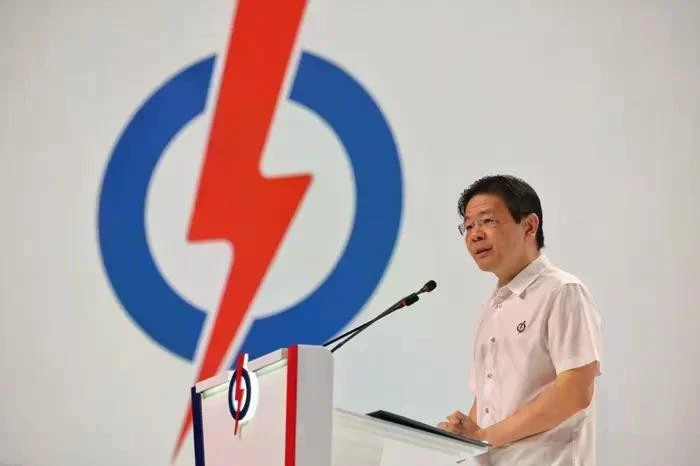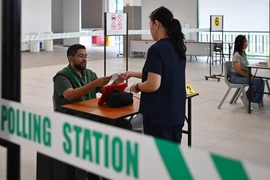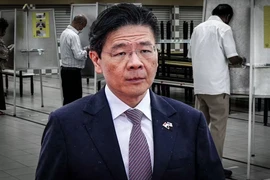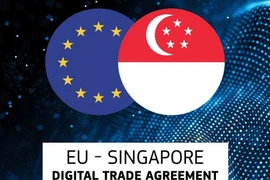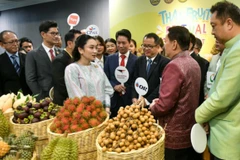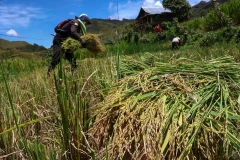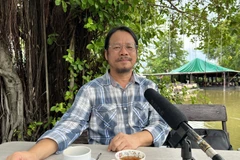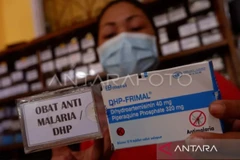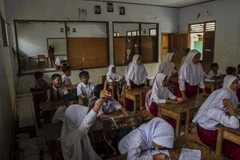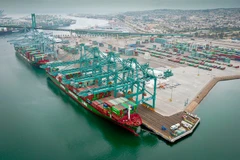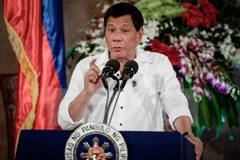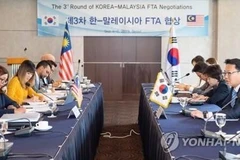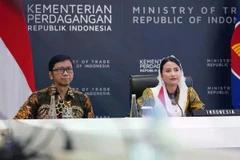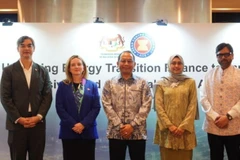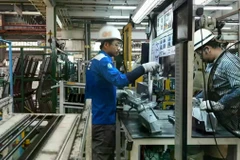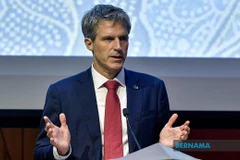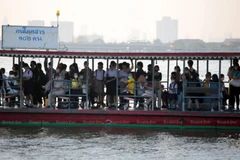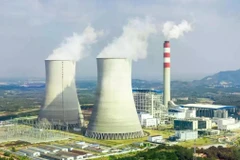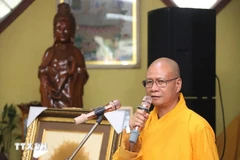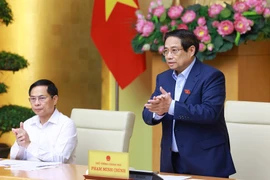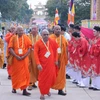Singapore (VNA) – Singaporean Prime Minister Lawrence Wong has outlined three strategic directions to strengthen regional and global partnerships amid what he described as a “more fragmented and chaotic world.”
Speaking at the S Rajaratnam Lecture on April 16, PM Wong emphasised that as an open economy, Singapore must take an active role in managing global commons. He highlighted the Singapore Cooperation Programme (SCP), which has, since 1992, supported over 155,000 officials from more than 180 countries and territories, demonstrating Singapore’s long-standing commitment to sustainable development and international cooperation.
He also stressed the importance of deepening regional integration and connectivity. ASEAN, Wong noted, remains central to Singapore’s foreign policy. In an increasingly divided world, regional unity and integration are more crucial than ever.
A cohesive and proactive ASEAN, he said, would help member states navigate geopolitical tensions and maintain collective relevance. Wong called for the complete elimination of intra-regional tariffs, further reduction of non-tariff barriers, and the conclusion of the ASEAN Digital Economy Framework Agreement.
Beyond economic ties, Singapore aims to expand its global network of partnerships. As the world becomes more multipolar, it is essential to build diverse and robust relationships with a wide range of partners. Stronger global linkages, the Prime Minister asserted, will enhance Singapore’s resilience and its ability to navigate uncertainties and shocks./.
